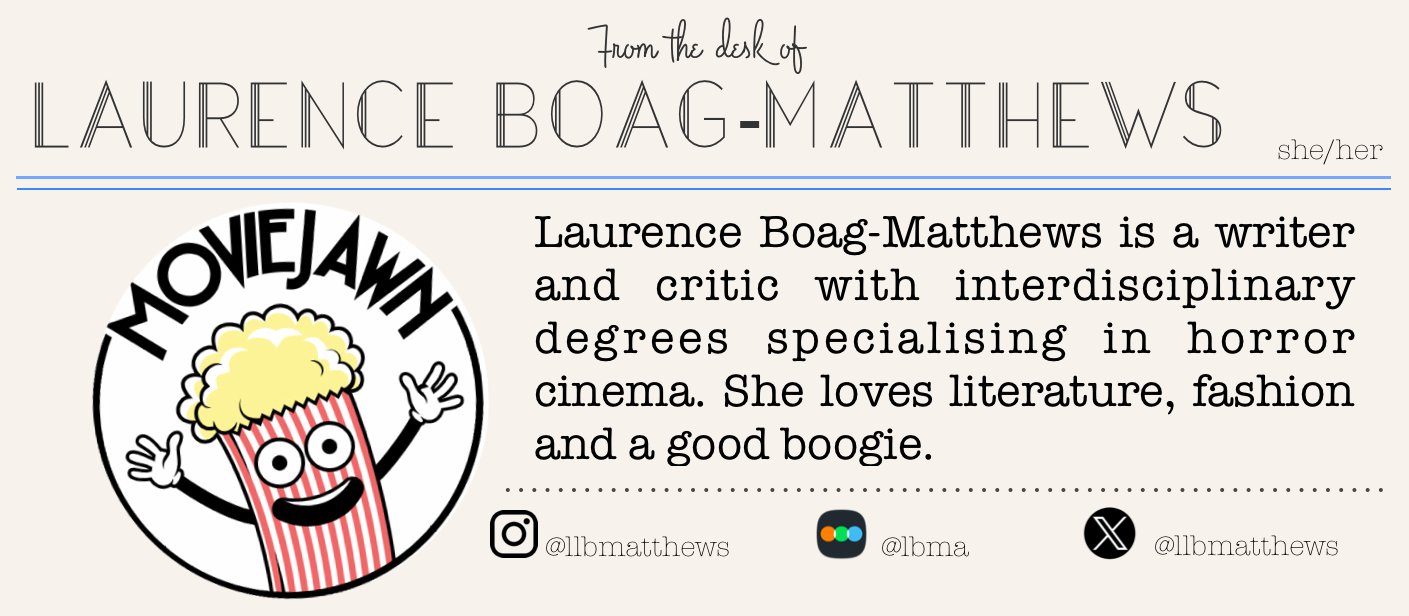ARMAND suggests interesting questions but loses steam in the final act
Armand
Directed and written by Halfdan Ullmann Tøndel
Starring Renate Reinsve, Ellen Dorrit Petersen, and Endre Hellestveit
Runtime: 1 hour, 57 minutes
Rated R
In theaters February 14
by Laurence Boag-Matthews, Staff Writer
CW: sexual assault of a child
Halfdan Ullmann Tøndel’s first feature film Armand is a tense thriller following the adults involved in dealing with a report of a child sexually assaulting another child. The film explores and unpicks the dynamics between the parents Sarah (Ellen Dorrit Petersen) and Anders (Endre Hellestveit) of the alleged victim Jon and the single mother Elisabeth (Renate Reinsve) of alleged perpetrator Armand. The complex relationships between the parents play out alongside an exploration of the somewhat hapless authority figures at the school and the junior teacher they task with breaking the news to Elisabeth, who are all variously drawn into the dynamics between the trio. Reinsve gives an exceptional performance which combines extreme emotion with a wide range of physicality, highlighted particularly in two entrancing dance numbers. Her performance is expertly supported by the rest of the cast, which works very effectively to ground the more abstract and extreme elements of the film.
For the overwhelming majority of its runtime, the film takes place within the school building. Tøndel uses the space impressively: from shots of conversations in hallways that reveal their eavesdropper in the stairwell below, dance sequences in hallways and atriums, and a heated revelatory two-hander lit by the blue glow of an overhead projector. The characters move from room to room but seem unable to leave the building, contributing to the overall sense of entrapment and claustrophobia. There are a number of devices used to further metaphorically communicate and heighten the psychological tension within and between the characters. The film opens with the school’s broken fire alarm bell ringing repeatedly as we are introduced to Sunna (Thea Lambrechts Vaulen). The literal atmospheric pressure climbs as the interpersonal tension builds with the heat building to breaking point as the film progresses–Ajsa’s (Vera Veljovic-Jovanovic) nosebleeds are perhaps set off by this extreme weather but also serve as a sign of foreboding–signalling themes of the body as intrusive, overspilling its boundaries.
Throughout the film, layers of complexity surrounding the three parents are slowly revealed–their underlying motives and drives are far more interlinked than one may initially assume–and as the story unravels the families’ history within the school, the film reveals deeper implications for the school’s principal Jarle (Øystein Røger). Elisabeth as the single mother and widow is constantly projected upon and judged by the other characters. While she is clearly guarded and protective of her son, it is impossible not to empathise with her–early on in the film she is accused by Sarah of being an attention seeker. Elisabeth’s career as an actress is used as evidence that “it is her job to make her life interesting” and “create drama,” establishing the dynamic between the two women. Tøndel lays the chess board out very effectively so that as an audience we understand the weight, sensitivity, and uncertainty of the allegations, and we therefore cling to everything as potential clues as the plot unravels.
Light spoilers below
Sadly, I felt that the film lost some of its potency in the final act. At around two-thirds of the runtime, the film hit its peak with an extended scene of Elisabeth laughing uncontrollably as the group attempts to discuss how to handle the situation. After this, it felt a bit like the film wasn’t sure where to go next; some of the twists and turns taken towards the end come off as a little over-engineered or overwrought. I’m conflicted on how to feel about the ultimate outcome of the film. The complexity present in the set up is pretty much eradicated at the conclusion, which is a little unsatisfying. However, it is also refreshing that the film treats Elisabeth with empathy and belief; ultimately, she is believed as a victim. The final scene very powerfully and cleverly communicates where the characters stand; however, this scene also emphasizes the film’s implication that Sarah and Elisabeth are in direct opposition, which didn’t completely sit right with me. Sarah is portrayed as blind to the violence perpetrated by her brother and motivated by jealousy of her husband’s desire for Elisabeth to go so far as to fabricate allegations involving their children, and, while Jarle is pulled into this story, Sarah is clearly positioned as the primary antagonist. There is an imbalance in the way the accusations unravel that just didn’t quite come together at the last minute. Ultimately, the first three quarters of the film suggest a lot of very morally and ethically interesting questions that definitely make the film worth a watch despite it losing some momentum in its final scenes.
Support MovieJawn Staff
〰️
Support MovieJawn Staff 〰️
With the death of so much print media and meaningful journalism, it is important now more than ever to support the writers and outlets you love.
If you enjoyed this article, show your support by donating to our writer. All proceeds go directly to the writer. Recommended donation is $5.




